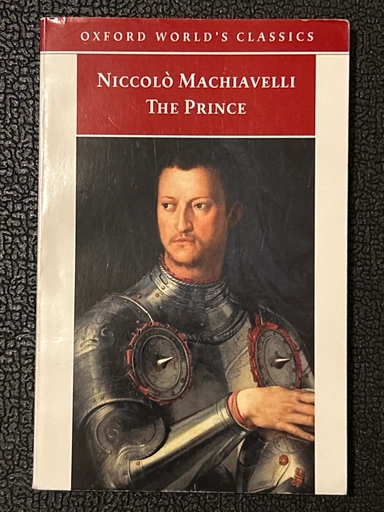

The prince
- Utgiven: 1998
- ISBN: 9780192833976
- Sidor: 125 st
- Förlag: Oxford univ. press
- Format: Bok
- Språk: Engelska
Om boken
Åtkomstkoder och digitalt tilläggsmaterial garanteras inte med begagnade böcker
Mer om The prince (1998)
1998 släpptes boken The prince skriven av Niccolò Machiavelli. Den är skriven på engelska och består av 125 sidor. Förlaget bakom boken är Oxford univ. press.
Köp boken The prince på Studentapan och spara pengar.
Referera till The prince
Harvard
Oxford
APA
Vancouver



















